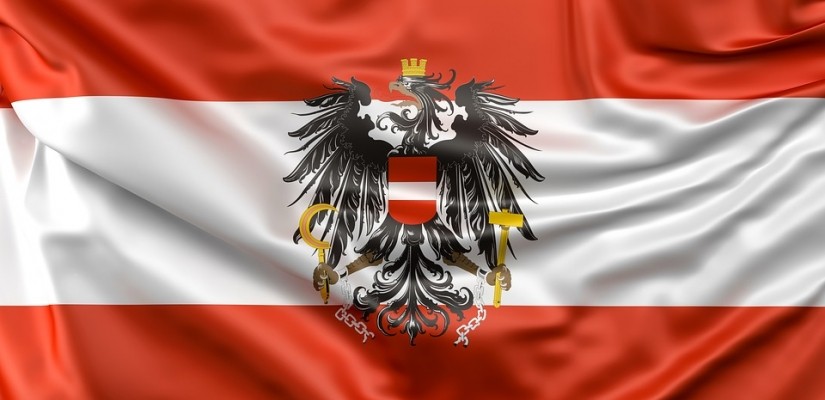
The centre right People’s Party (OVP), led by Sebastian Kurz, had an unexpectedly large victory in Austria’s parliamentary elections held on September 29th, 2019. Preliminary results show that the OVP is projected to take 37% of the vote. The results come as a surprise especially after videos were published of Heinz Christian Strache, the Freedom Party (FPO) leader and Austria’s vice chancellor, appearing to offer state contracts to a woman posing as the niece of a Russian oligarch. This led to the OVP-FPO coalition government temporarily collapsing, with the scandal vindicating the fears of those wary of a Russian friendly, far-right government, and significantly impacted the far right, though not the center, party’s performance in polls.
Given that the number of votes is insufficient for the OVP to govern alone, the question at hand is whether the People’s Party will align with a left or right leaning party for a ruling coalition. The Green party is a likely option given their unexpectedly strong performance and potential to gain Mr. Kurz the support of many young voters backing action against climate change. However, there would be disagreements on important policy lines such as migration, defense, and welfare spending. An alternative would be the far right Freedom Party (FPO), which converges on approximately 80% of issues with the OVP, but it would be a difficult pairing given the party leaders’ distrust of each other. Moreover, the FPO only received 16% of the vote, ten points down from 2017. The results demonstrate a larger trend of far right, populist parties facing resistance, and the choice of coalition could be indicative of the political climate ahead.
